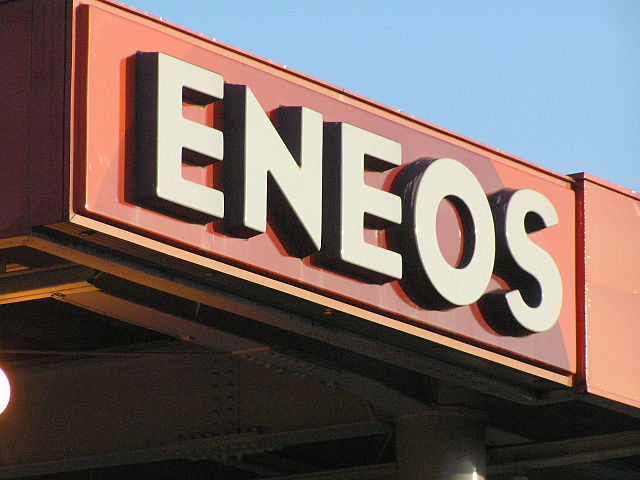ENEOS supplies SAF to China Airlines

Japanese energy firm ENEOS Corporation announced that it has supplied sustainable aviation fuel (SAF) to China Airlines at Narita International Airport, Japan.
China Airlines, a Taiwanese carrier committed to achieving net-zero CO2 emissions by 2050, is the first airline in Taiwan to announce its intention to use SAF in 2023.
The partnership with ENEOS aligns with China Airlines’ sustainability goals and underscores its dedication to reducing its environmental impact.
ENEOS is actively developing an integrated SAF system. This includes sourcing raw materials, producing SAF in-house, and distributing it to customers.
Earlier this year, ENEOS set an ambitious goal of targeting to secure 50% of the total SAF market in Japan by 2040 through reviving closed refineries.
The company said it plans to utilise Wakayama refinery site, which terminated its refinery operation, advancing commercialization of SAF business to make it one of the main production sites for SAF in Japan.
It further added it has already concluded a joint agreement on construction of SAF supply chain with Wakayama prefecture, Kao, Suntory.
Kapan has already set a target of 10% SAF usage for airlines by 2050. Japan Transport and Tourism Research Institute (JTTRI) estimates the theoretical production capacity of SAF could hit 7.06-13.13m kiloliters (kl) annually by 2030, comprising of a 40% blend of CO2 and hydrogen and 32% municipal and industrial waste.
Considering the impact of government policies, JTTRI expects the actual SAF supply to reach up to 1.34m kl per year by 2030, sufficient to provide 10% of the fuel consumption in the aviation industry.
